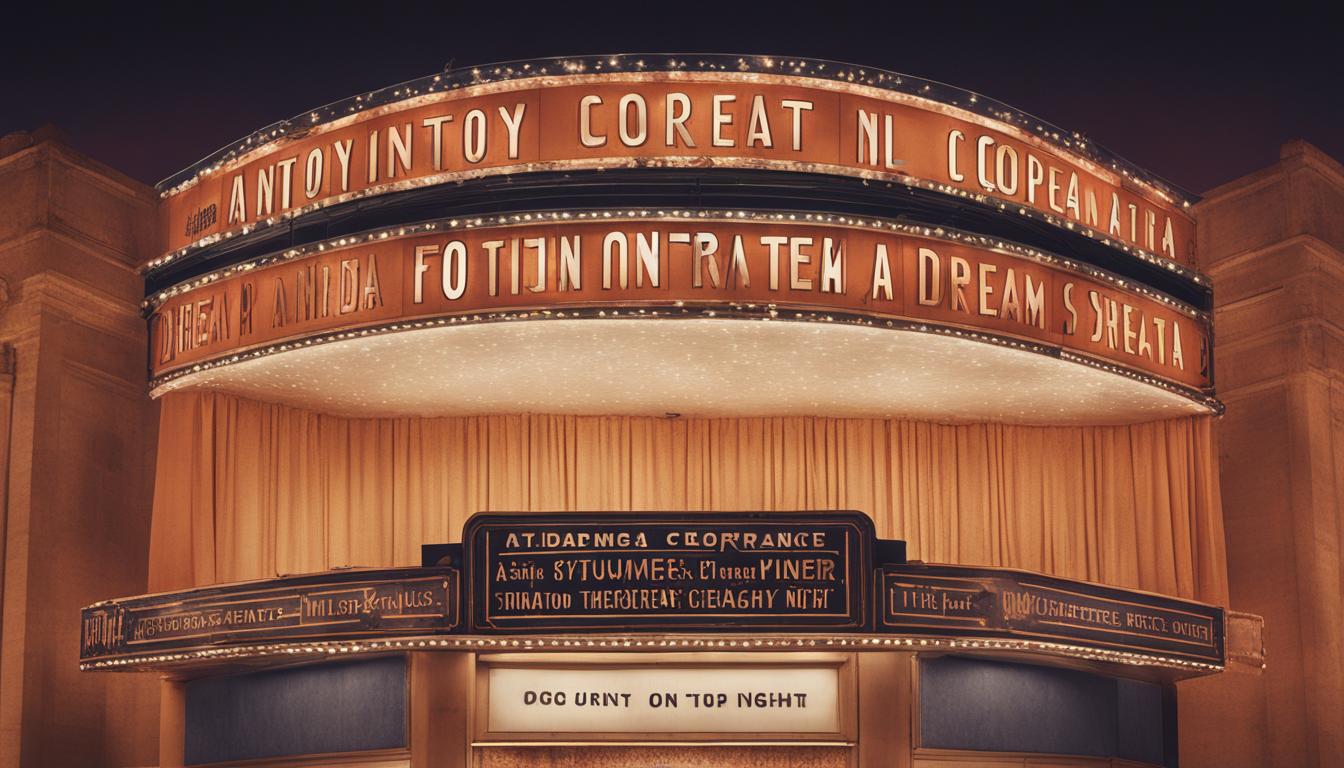Dame Judi Dench has criticized the use of trigger warnings in theatre, arguing that they detract from the audience’s ability to experience and interpret plays independently. Dench’s remarks came during a discussion with Radio Times, where she mentioned that such warnings are prevalent even in classic productions at Shakespeare’s Globe in London. She highlighted instances where the Globe issued trigger warnings for plays like "Antony and Cleopatra" and "A Midsummer Night’s Dream," for various sensitive themes such as violence, suicide, and ableism.
Dench's sentiments are echoed by other industry figures like Ralph Fiennes and Jack Davenport, who have also expressed concerns over the impact of trigger warnings on the theatrical experience. Fiennes emphasized that theatre is meant to confront and provoke the audience, traditionally without prior content alerts.
In recent years, trigger warnings have become more common in theatres globally as a means to forewarn audiences about specific themes that might cause distress, answering calls for more sensitive engagement with potentially harmful content. However, as Dench suggests, this practice could impede the raw, unanticipated reactions that theatre aims to evoke.
